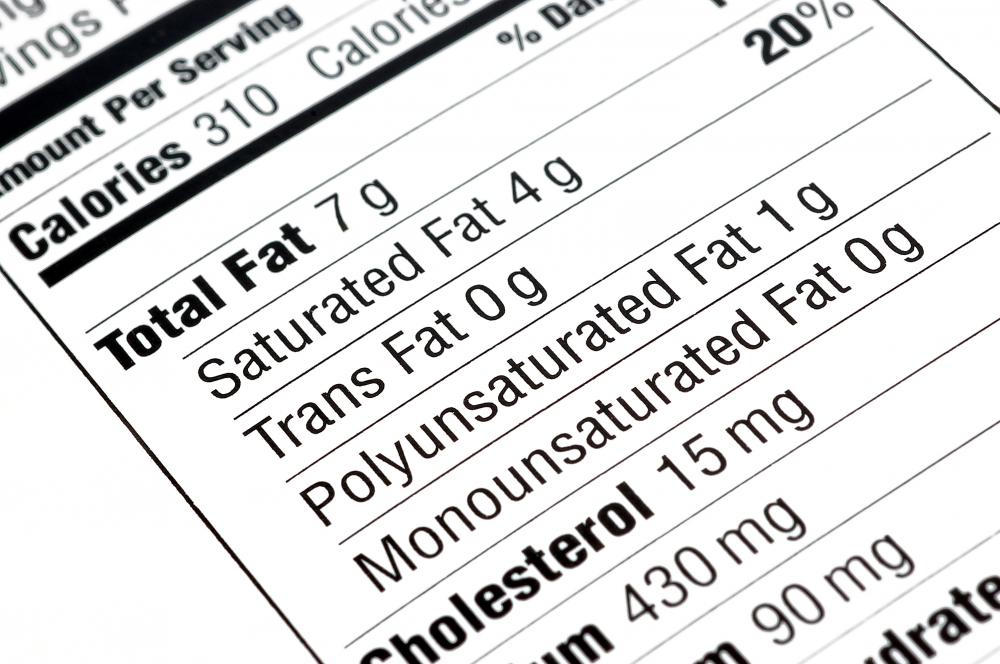At WiseGEEK, we're committed to delivering accurate, trustworthy information. Our expert-authored content is rigorously fact-checked and sourced from credible authorities. Discover how we uphold the highest standards in providing you with reliable knowledge.
What are the Most Common Reasons for a Formula Recall?
Formula may occasionally be recalled due to issues with certain brands or batches that have the potential for harming or killing infants. One of the most common reasons for a formula recall is contamination, either with disease or harmful objects like glass. Some types of formula have been recalled due to their labling, as it may be considered misleading in some way. Finally, some types of formula may contain ingredients that are quite harmful to babies. They may be placed in the formula accidentally, though in some cases, the danger of certain ingredients is not known at the time of the product's manufacture.
Some brands of formula have been recalled due to contamination, as parents may have discovered foreign objects in the product. Of course, this does not typically mean that all containers of formula have been affected, but even one sign of contamination often calls for the entire batch to be listed in a formula recall. Foreign objects may include tiny bits of glass, metal or plastic, though bugs and hair are other possible contaminants. Products also run the risk of being exposed to bacteria and viruses, causing illness in some babies. Additionally, a recall is sometimes issued after discovering that the factory where the formula is made is unsanitary, creating an elevated risk for contamination.

Recalls are not always related to the quality of the product itself, as there has been more than one formula recall due to packaging issues. For instance, a lid for a ready-to-feed product may be accidentally placed on a product that requires the addition of water, possibly misleading parents into thinking that the formula does not need to be diluted. Sometimes the packaging contains incorrect information, such as the wrong directions, nutrition facts, or ingredients. Of course, the package itself can also be considered low quality, as the container may leak, or the label might have a tendency to peel off too easily.
In some cases, the ingredients are nearly as dangerous as some contaminants, causing a formula recall. For example, the manufacturer may accidentally add an item to the mix that is not supposed to be in the formula. This may cause the product to be harmful to babies who ingest it, or it could just be misleading, such as when an ingredient for a hypoallergenic product gets added to regular formula. Unfortunately, sometimes ingredients that are thought to be healthy when they are used in formula, turn out to cause health issues in babies. This may result in a mass formula recall in order to avoid illness or death in infants who consume the product.
AS FEATURED ON:
AS FEATURED ON:











Discuss this Article
Post your comments